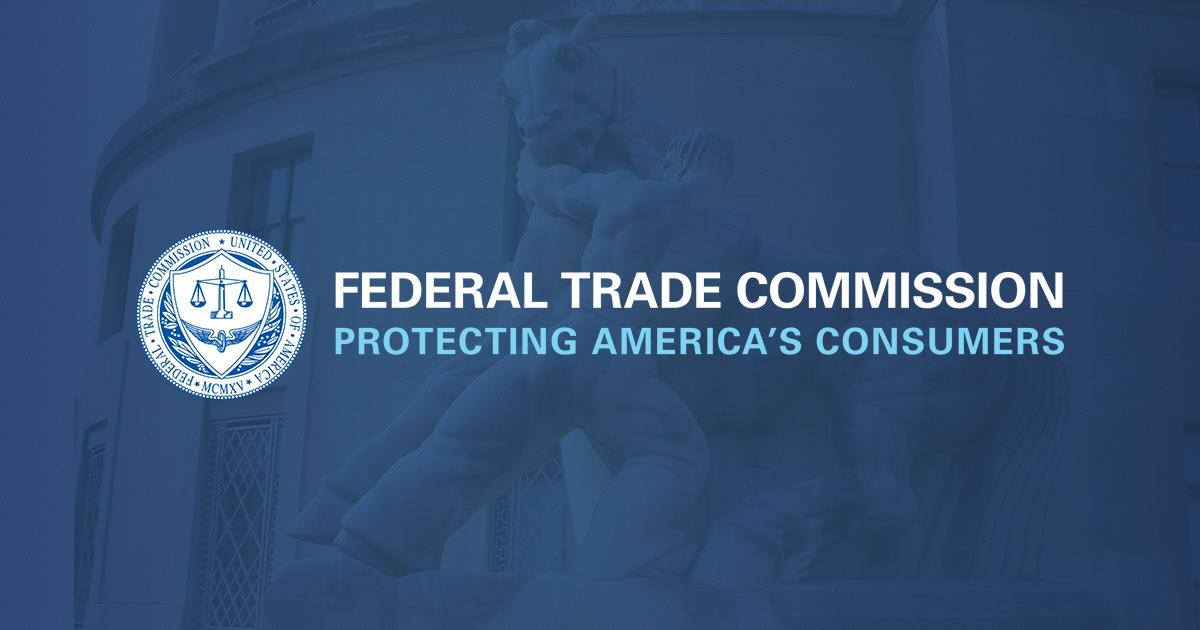Testifying on behalf of the Federal Trade Commission before the U.S. Senate Judiciary Subcommittee on Antitrust, Competition Policy and Consumer Rights, Chairwoman Edith Ramirez outlined how effective antitrust enforcement benefits both consumers and businesses by preventing mergers and business conduct that could lead to higher prices, lower quality products and services, and less innovation.
Citing the U.S. Supreme Court’s recent decision in North Carolina State Board of Dental Examiners v. FTC, Chairwoman Ramirez noted that “[f]ederal antitrust law is a central safeguard for the Nation’s free market structures.”
In testimony presented to the subcommittee, the Federal Trade Commission described its current competition enforcement activities and priorities. According to the testimony, during calendar year 2015, the Commission challenged 27 mergers. In most, it negotiated a remedy that preserved competition in the affected markets, allowing the merger to proceed. However, the Commission filed suit to block six transactions.
The six litigated merger challenges include last year’s successful effort to block Sysco’s acquisition of rival US Foods. A federal court agreed with the FTC in ruling that the merger was likely to lessen competition in broadline foodservice distribution markets, both nationwide and in a number of local markets around the country, leading to higher prices and diminished quality.
Four litigations are ongoing, including three seeking to stop anticompetitive hospital mergers – in Huntington, West Virginia, Harrisburg, Pennsylvania, and the North Shore area of Chicago. The other pending suit, FTC v. Staples, Inc., challenges the merger between the two largest sellers of consumable office supplies to large business customers with a preliminary injunction hearing set to begin in federal court in Washington, D.C. later this month.
The testimony also notes that in the last two years alone, the agency has taken action in 17 pharmaceutical industry mergers, ordering divestitures in the sale of dozens of both branded and generic drugs used to treat a variety of conditions, such as hypertension, cirrhosis, and bipolar disorder.
The testimony also highlights the FTC’s robust program to identify and stop anticompetitive business conduct. Recent cases include stopping the two leading suppliers of propane exchange tanks from colluding to push a key customer to accept a reduction in fill levels, stopping exclusionary conduct by a monopolist, and putting an end to a state dental board’s efforts to prevent non-dentists from providing teeth-whitening services.
According to the testimony, after the Supreme Court’s 2013 decision in FTC v. Actavis, Inc., the Commission is much better positioned to protect consumers from anticompetitive reverse-payment settlements of patent litigation – in which the brand-name drug firm pays its potential generic rival to abandon a patent challenge and delay entering the market with a lower cost, generic product. Last June, seven years after filing the complaint and one week before the trial in FTC v. Cephalon, Cephalon’s parent, Teva Pharmaceuticals, agreed to stop using certain types of anticompetitive patent settlements and agreed to pay up to $1.2 billion in ill-gotten gains into a fund to reimburse drug wholesalers, pharmacies, insurers, and others who overpaid for the blockbuster sleep disorder drug Provigil due to Cephalon’s conduct.
The FTC has also taken action against unilateral conduct that excludes new rivals and keeps drug prices high, the testimony states. In April, the Commission charged Cardinal Health with illegally monopolizing 25 local markets for the sale of low-energy radiopharmaceuticals by coercing two radiopharmaceutical manufacturers not to supply new facilities that might compete with Cardinal to perform common diagnostic tests such as heart stress tests. To settle the charges, Cardinal agreed to stop its coercive tactics, and paid $26.8 million in ill-gotten gains into a fund to reimburse hospitals and clinics that overpaid for radiopharmaceuticals.
The testimony further notes that the Commission maintains an active research and policy agenda. The Commission currently has two formal competition-related studies underway, one examining patent assertion entities and the other evaluating the effectiveness of Commission merger remedies. The FTC has also hosted a number of workshops on emerging business practices and technologies over the past year, including last summer’s workshop on the “sharing economy.” Finally, the Commission has also engaged in a considerable amount of competition-related advocacy, often urging policymakers to consider the competitive implications of pending legislation or regulations.
The Commission vote approving the testimony and its inclusion in the formal record was 4-0.
The Federal Trade Commission works to promote competition, and protect and educate consumers. You can learn more about how competition benefits consumers or file an antitrust complaint. Like the FTC on Facebook, follow us on Twitter, read our blogs and subscribe to press releases for the latest FTC news and resources.

